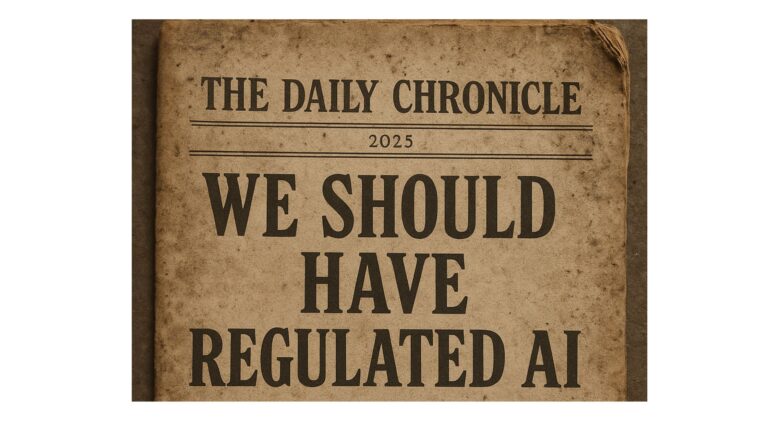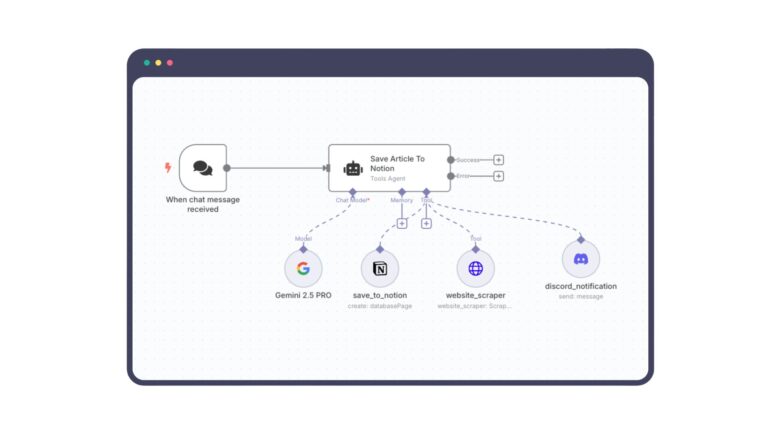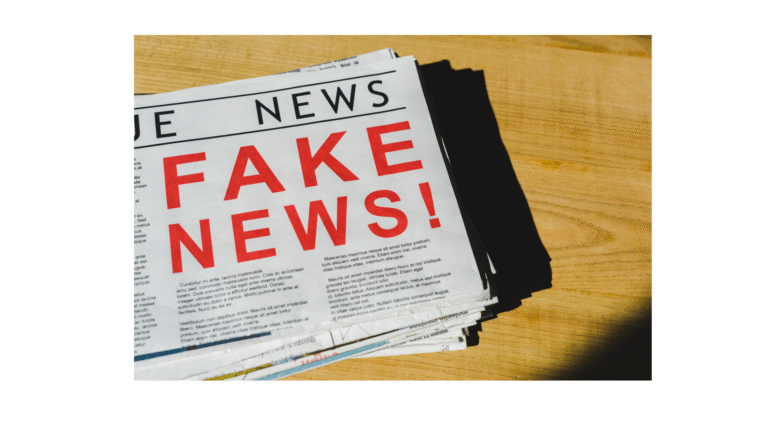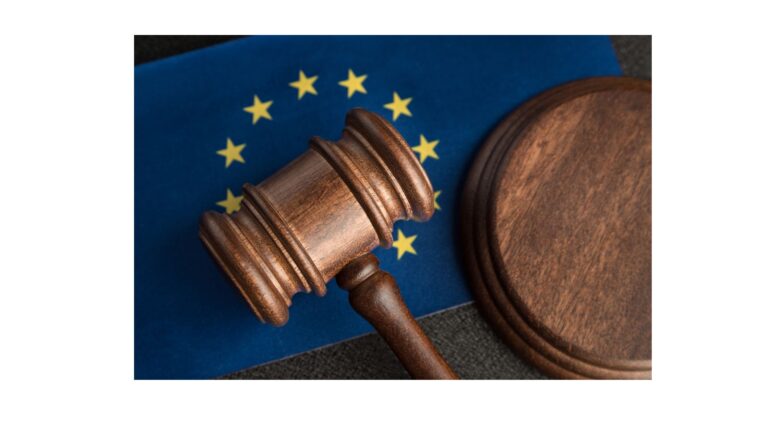As data privacy regulations evolve worldwide, compliance requirements differ significantly across regions. Health tech companies navigating global markets must understand these regional nuances to ensure compliance, mitigate risks, and protect patient trust. This section explores regional privacy frameworks, their unique provisions, and the implications for the health tech sector.
1. North America: Balancing Innovation and Privacy
- United States
- The U.S. lacks a comprehensive federal privacy law. Instead, it relies on sectoral laws such as HIPAA for healthcare and state-level initiatives like the California Consumer Privacy Act (CCPA). HIPAA requires strict safeguards for Protected Health Information (PHI), while CCPA grants consumers rights to data access and deletion.
- The Implications Health tech companies must address are fragmented compliance requirements across states. Example: A health app operating in California must align with both HIPAA and CCPA, ensuring PHI security and compliance with data subject rights.
- Canada
- Regulations: Canada’s Personal Information Protection and Electronic Documents Act (PIPEDA) governs personal data, with specific provincial laws like Ontario’s PHIPA for health information. Organizations must ensure explicit patient consent and adhere to data minimization principles.
- Cross-border data transfers require adequate protections. Example: A telemedicine provider handling patient data must comply with PHIPA and secure consent for data use.
2. Europe: Setting the Gold Standard with GDPR
- Overview:
- GDPR, the EU’s data protection regulation, sets a high bar for privacy compliance, emphasizing transparency, accountability, and stringent protections for sensitive data like health information.Consent is the cornerstone of GDPR compliance, especially for processing sensitive data like health information and it must be freely given, specific, informed, and unambiguous, with clear opt-in mechanisms.
- The unique challenges for healthtech are the granular nature of consent. Patients must consent separately for each purpose of data use (e.g., diagnostics, research, marketing). Also, Right to withdraw through which patients can revoke consent anytime, creating operational challenges for systems managing health data.
- The Health tech firms must obtain explicit consent for processing health data. Organizations are required to conduct Data Protection Impact Assessments (DPIAs) for high-risk processing. Example: An AI-powered diagnostic tool used in EU hospitals must explain its data usage and provide patients with rights to access and contest decisions.
- Non-EU Europe:
- Countries like Switzerland and the UK have GDPR-aligned regulations, ensuring similar compliance frameworks.
- Post-Brexit, the UK Data Protection Act (2018) largely mirrors GDPR but could diverge in future updates.
3. Asia-Pacific: Diversity in Data Protection Laws
- Australia
-
- Australia’s Privacy Act provides specific protections for sensitive information, including health data, with a strong emphasis on breach notifications. The Privacy Act 1988, alongside the Notifiable Data Breaches Scheme, mandates explicit consent and breach notifications.
- Processing health information requires explicit consent unless exceptions apply (e.g., emergencies). Breach management and compliance auditing are critical for health tech entities. The NDB Scheme requires organizations to notify affected individuals and the Office of the Australian Information Commissioner (OAIC) of any breach likely to cause harm.
- China
-
- The Personal Information Protection Law (PIPL) mandates explicit consent for processing sensitive data like health information and enforces data localization requirements. Health tech companies must store health data within China and navigate strict cross-border transfer protocols.
- Japan
-
- The Act on the Protection of Personal Information (APPI) requires consent for processing sensitive health data and emphasizes security measures. Organizations must prioritize transparency and secure data-sharing agreements for cross-border transfers.
- Singapore
-
- The Personal Data Protection Act (PDPA) forms the backbone of Singapore’s data privacy framework, and its provisions are highly relevant to the health tech sector, where patient trust and compliance are paramount. Health tech firms are required to clearly define and disclose the intended use of data. A company collecting fitness tracker data for wellness monitoring cannot use it for marketing without obtaining additional consent.
- India
-
- Recently enacted in 2023, India’s DPDP Act introduces a comprehensive framework for personal data protection, including health information classified as sensitive data. While the Personal Data Protection Bill is pending, interim rules emphasize patient rights, data minimization, and localization for sensitive health data.
- Cross-border transfers are allowed, but only to “trusted” countries notified by the government, Data fiduciaries (controllers) must adopt organizational and technical measures to protect personal data. Companies must prepare for stricter localization and explicit consent requirements.
Navigating regional nuances in privacy compliance is vital for health tech companies operating in global markets. With regulations like HIPAA, GDPR, DPDP, and Australia’s Privacy Act, organizations must adopt tailored strategies, focusing on consent management, cross-border transfers, and breach response protocols.
The global patchwork of privacy laws underscores the need for a proactive, adaptable compliance strategy. Health tech companies must prioritize privacy by design, invest in localization efforts, and foster transparency to build trust and ensure compliance. Adapting to these regional frameworks ensures not only compliance but also enhanced trust and patient loyalty.








